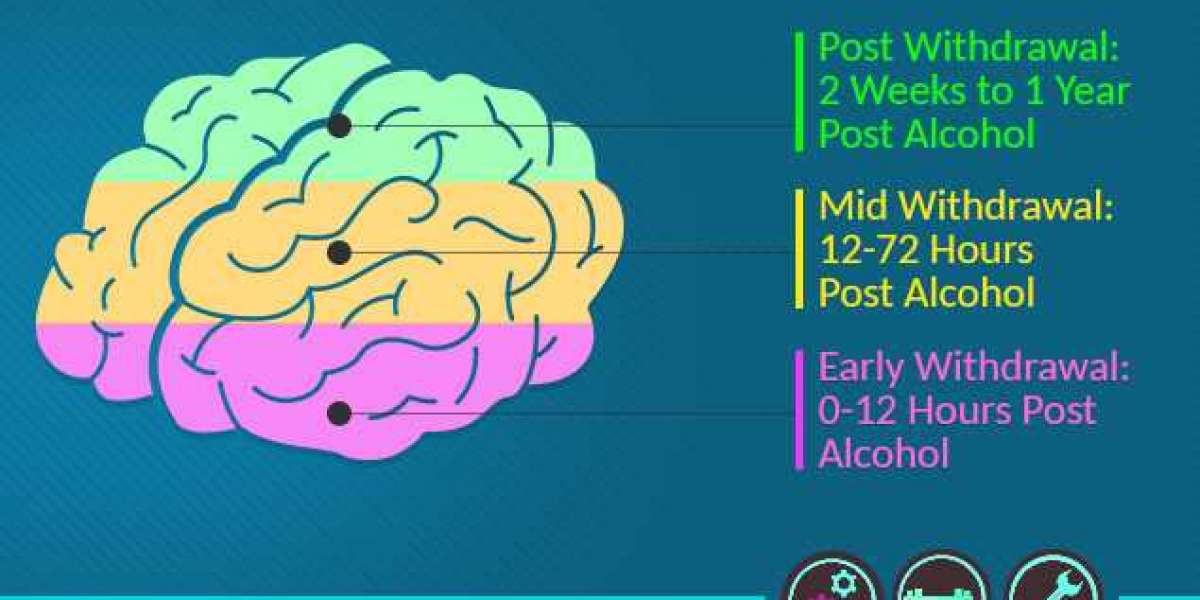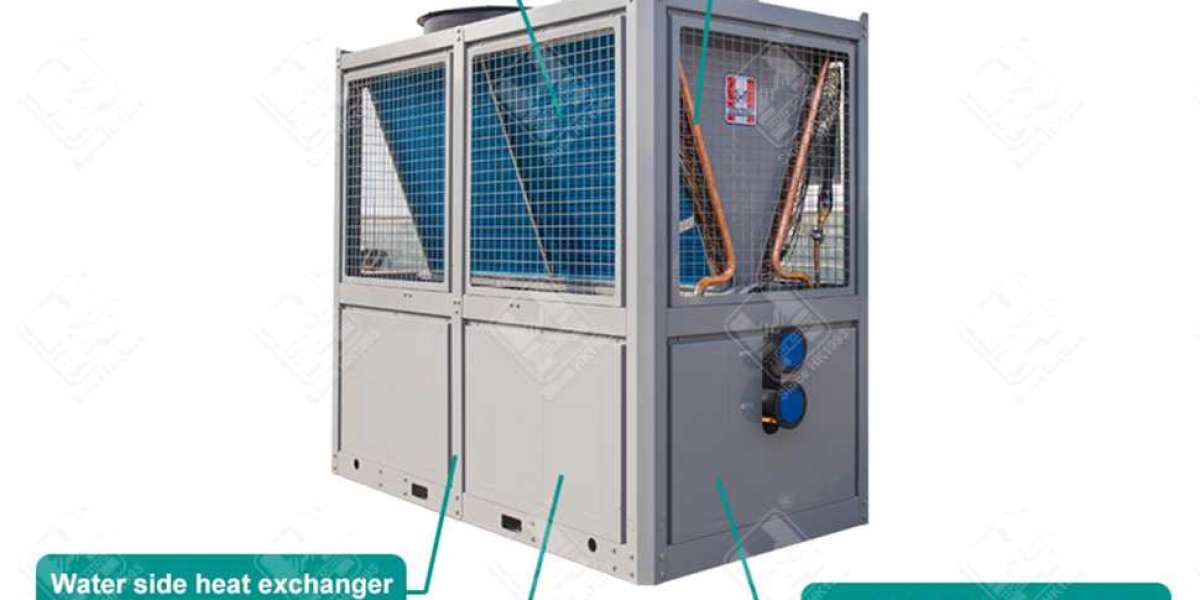There are many benefits to medically assisted Alcohol Detox, Gradual Weaning, and the use of Benzodiazepines. Inpatient detoxification is also preferable because it separates the patient from environmental and social stimuli that are associated with alcohol. In addition, a more comfortable setting is more likely to result in a successful alcohol detox program. Read on to learn more about these options. Ultimately, the decision depends on your specific situation and preferences.
Medically Assisted Alcohol Detox
Often, the effects of alcohol abuse can have both physical and emotional consequences. As a result, individuals who have a history of alcohol abuse may require additional support. For many individuals, the hardest part of recovery is detox, but medically assisted alcohol detox provides patients with carefully managed medications and medical care to help them survive this stage and continue their recovery. A dedicated team of professionals provides round-the-clock care to ensure a patient's comfort and safety.
Withdrawal symptoms from alcohol can last for up to two weeks. They can range from a mild headache to a delirium tremens, which is a potentially life-threatening condition. Symptoms of alcohol withdrawal can be severe, including shaking, high blood pressure, and confusion. However, if the symptoms of alcohol withdrawal are monitored by a medical professional, they will be less likely to lead to fatalities.
Gradual Weaning
Alcohol detoxification is usually a long process, and a key component is Gradual Weaning. Alcohol withdrawal can be unpleasant and potentially dangerous, so it's imperative that you taper off gradually to minimize discomfort and risk. The most common form of tapering is by gradually reducing the amount of alcohol consumed each day. A week's worth of consumption can be gradually decreased, which may require a step-by-step approach.
There are different types of alcohol detoxification, including inpatient treatment, which requires a person to live on-site and receive treatment from a medical professional around the clock. Partial hospitalization, on the other hand, involves living off-premises but receiving treatment at a medical facility during the day. Most people undergo outpatient or inpatient treatment after alcohol detox. Others turn to family counseling, 12-step programs, and individual counseling.
Benzodiazepines
Benzodiazepines are prescription medications that can be used in the alcohol detox process. They work by increasing GABA levels in the brain, which inhibits the release of neurotransmitters that are essential for alertness and memory. However, these drugs can be dangerous if used in high doses and should only be administered under medical supervision. Benzodiazepines are not suitable for use in pregnancy, are not suitable for long-term use, and may cause a number of side effects. They should also be used carefully because benzodiazepines can impair blood pressure and heart rate.
When used correctly, benzodiazepines for alcohol detox may be effective in alleviating the symptoms of alcohol withdrawal in people who have an alcohol use disorder. These drugs work on the same receptors that alcohol binds to. Therefore, they are commonly given to help minimize the withdrawal symptoms and are then gradually tapered off. However, benzodiazepines should only be used during the initial stages of alcohol detox. Instead, you may be prescribed another safer medication, like gabapentin, which can be effective in easing cravings for alcohol.
Hallucinations
Alcohol withdrawal can cause hallucinations. These experiences can occur in one or both nostrils eight to twelve hours after the last drink. They may include visions, noises, or a feeling under the skin. There are some ways to avoid these experiences. Read on to learn more about alcohol and hallucinations during alcohol detox. Let's start with the different types of hallucinations. Depending on the type, they can be unpleasant or enjoyable.
The most important thing to remember about hallucinations during alcohol detox is that they are usually temporary and can be attributed to the fact that the person has not consumed any alcohol for several hours or more. In fact, alcohol withdrawal can cause temporary psychosis and delirium tremens, which are life-threatening and require immediate medical attention. If you are concerned about hallucinations during alcohol detox, it is advisable to visit an alcohol rehab center immediately.
Seizures
During alcohol detox, certain types of people are at increased risk of seizures. Seizures during alcohol detoxification are rare, however, and only occur in some people with an addiction to the drug. A recent study found that 48 percent of those who experienced seizures during alcohol detox had previously undergone several detoxifications. The link between prior detoxifications and seizures is not completely understood, but some researchers suggest that the link may be due to brain damage from alcohol abuse.
Withdrawal seizures can occur several hours to 72 hours after stopping drinking alcohol. They occur when the body becomes dependent on a drug or alcohol and cannot adjust to its absence. This is why it is important to get a medically supervised alcohol detox program. Seizures during alcohol detox can be a symptom of a more serious underlying problem, and medical professionals are familiar with the symptoms of these conditions.



